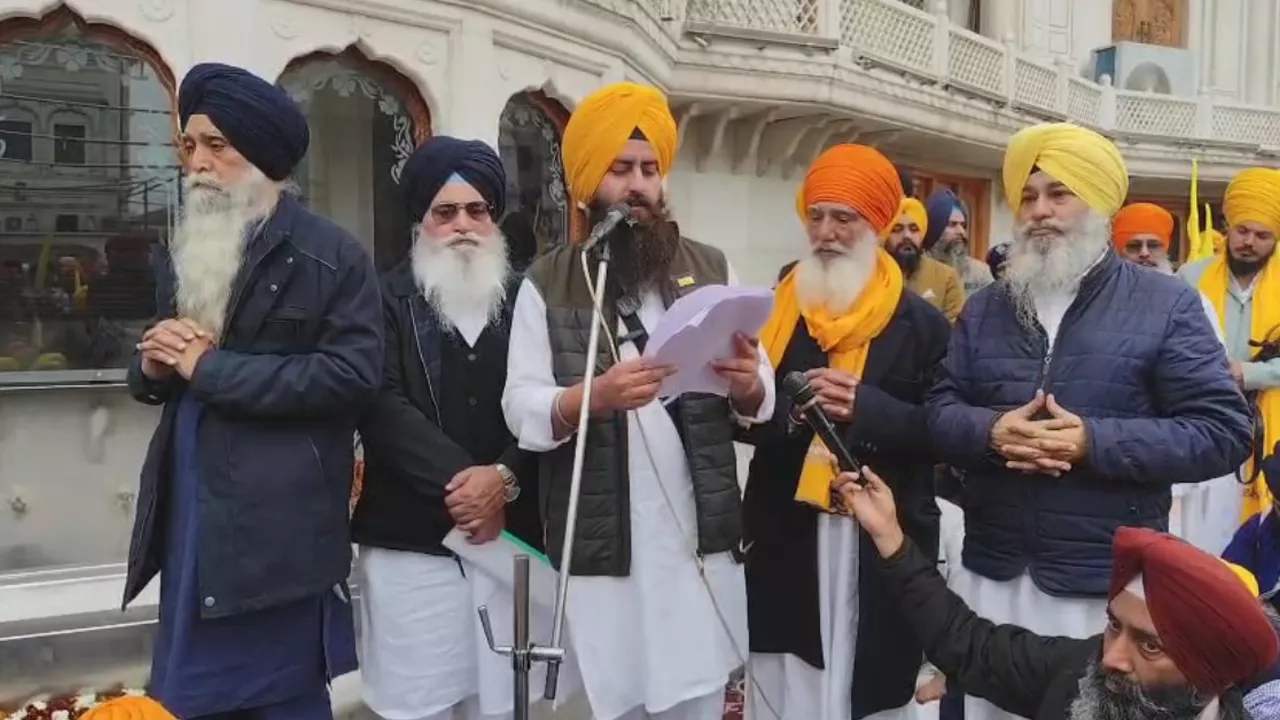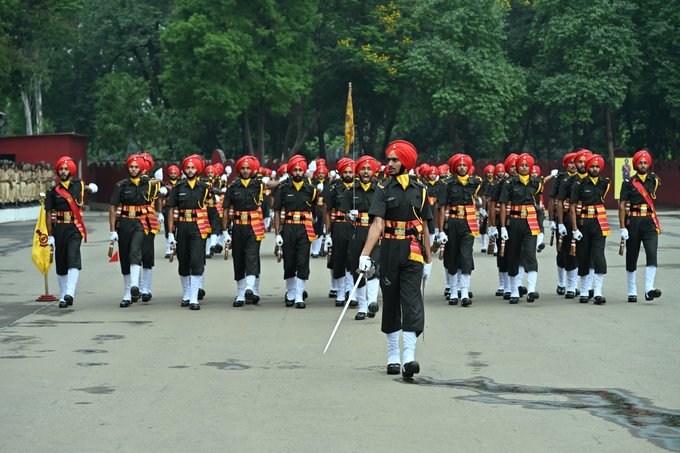As World Theatre Day was celebrated on 27 Mar, theatre director Neelam Man Singh traced the genesis of Panjabi theatre by noting it was only in the 20th century that drama came to be written for the purpose of performance. Before that in Panjab there was an oral tradition of qisse (love stories), varan (heroic tales) and jangname (battle narratives). These oral traditions were full of verve, robust imagery and passionate poetry and were sung and enacted in the grand tradition of the strolling minstrels and balladeers. Panjabi theatre started with an Irish woman, Norah Richards (1876-1971), who came to India in 1911 with her husband Philip Ernest, an Irish Unitarian minister. In Lahore, Norah directed A Midsummer Night’s Dream and its overwhelming success encouraged her to direct many more Shakespearean productions. This became a catalyst in stimulating Panjabi students to delve into their own myths and social issues, and garner from it an idiom that was local, vernacular and regional—Panjabi plays by Panjabi authors about Panjab for a Panjabi audience. In 1912, Norah held a competition of one-act plays. Two significant plays emerged: Dulhan (The Bride) by Ishwar Chander Nanda and Dina Marriage Procession by Rajendra Lal Sahni. These plays, written in the realistic mode, had an evangelical zeal but were important milestones in the search for modern content. Sheila Bhatia’s (1916-2009) work was in a different register. She wrote plays in the operatic style and also directed Federico Garcia Lorca’s Blood Wedding (Tere Mere Lekh, 1984), Bulle Shah’s Sulagde Darya (Burning Rivers, 1987). Though her central characters were women, the woman’s voice did not disturb the twin frames of patriarchy and feudalism. In 1974, the Department of Indian Theatre was established by Balwant Gargi (1916-2003) at Panjab University, Chandigarh. Concurrently, the Speech and Drama Department was set up by Surjit Singh Sethi (1928-1995) in Patiala. These two departments helped free the Panjabi theatre from provincialism through the spirit of experimentation.


Like what you're reading? Subscribe to our top stories.
Liv Forum provides a digest of analysis on major issues facing Indian (East) Panjab and Sikhs globally.
In accordance with our Privacy Policy, we will never share or sell the information of our subscribers.






